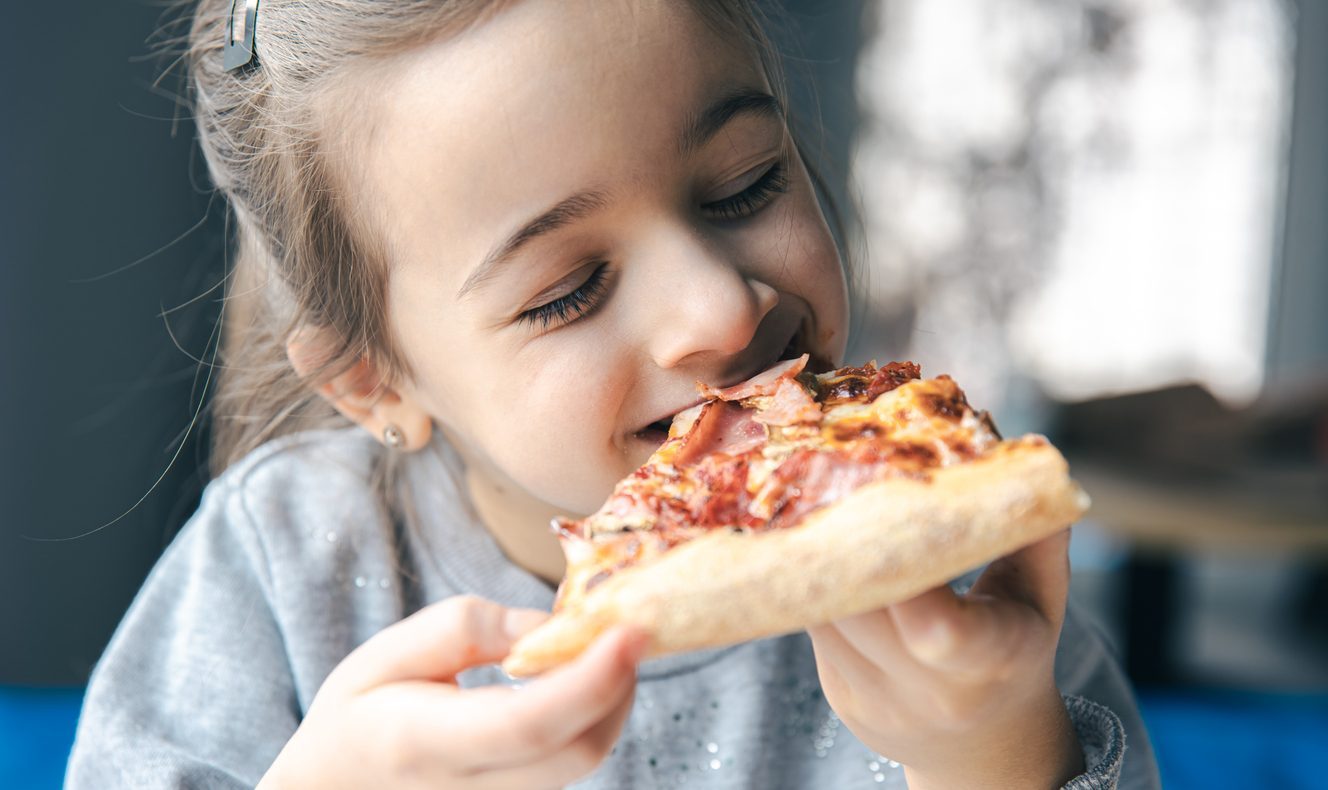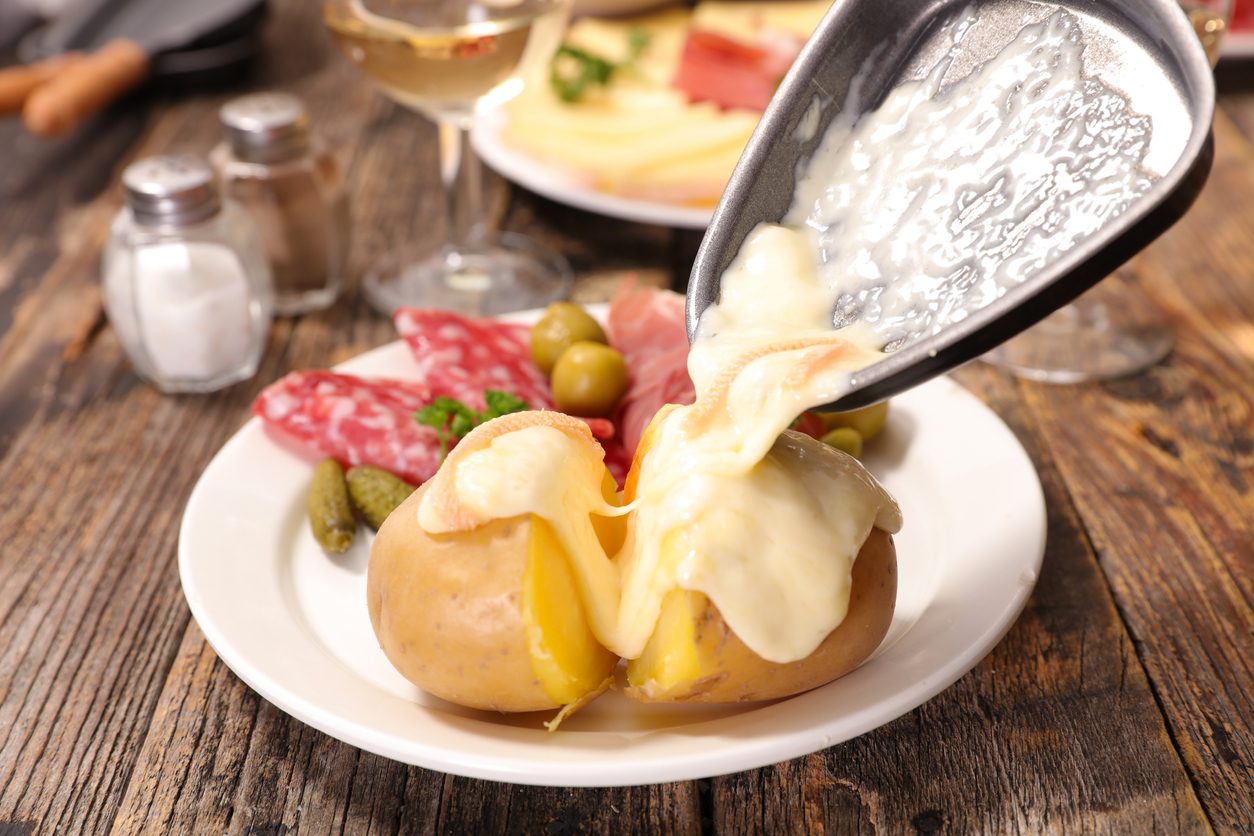Yes, Pizza Does Actually Boost Your Mood: Science Is Here to Tell You Why!
A simple dish that brings real joy—scientific studies in recent years confirm it’s not just in our heads. Here’s why pizza can actually boost your mood.
;Resize,width=742;)
Few foods spark as much universal joy as pizza. Whether it’s a casual Friday night meal, a celebratory treat, or just a quick bite on the go, pizza has a special place in American culture. But beyond its delicious taste, pizza may have a scientific link to happiness. Studies suggest that pizza’s ingredients and its psychological associations play a role in boosting mood and well-being.
But is it the carbs, the cheese, or something deeper? Let’s break down why science backs up what your taste buds already know: pizza makes you happy.
The Science of Pizza and Happiness
One of the biggest factors behind pizza’s mood-boosting powers is serotonin, often called the "happiness hormone." Serotonin regulates mood, sleep, and appetite, and its production is influenced by what we eat.
The key ingredient here is tryptophan, an essential amino acid found in many pizza toppings—cheese, meats, and tomato sauce. Tryptophan is converted into serotonin in the brain, helping to enhance feelings of relaxation and well-being.
But there’s more: carbohydrates (like pizza crust) actually help the body absorb tryptophan more effectively, increasing serotonin levels. That means that the combination of carbs, cheese, and protein in pizza works together to make you feel good—both in the moment and after you eat.

Dopamine and the Pleasure of Pizza
Beyond serotonin, dopamine—the brain’s “reward chemical”—also plays a role. Dopamine is released when we eat something enjoyable, reinforcing positive emotions and creating a sense of pleasure.
Pizza, with its combination of savory, umami-rich cheese, tangy tomato sauce, and crispy crust, creates the perfect sensory experience. Studies show that foods high in fat, salt, and umami flavors trigger the brain’s reward system, leading to feelings of satisfaction and even mild euphoria.
Why Pizza Feels Like a Hug: The Psychological Factor
It’s not just pizza’s ingredients that contribute to its happiness factor—it’s also our emotional connection to it.
- Nostalgia & Social Bonding: Many Americans associate pizza with positive memories, from childhood birthday parties to family movie nights. Eating pizza can trigger those feel-good memories, making us feel comforted.
- Convenience & Choice: Unlike complex meals, pizza is customizable, shareable, and easy to enjoy, reducing stress around food decisions.
- Reward-Based Eating: Many people use pizza as a reward after a long day, linking it psychologically to relaxation and indulgence.
Psychologists suggest that comfort foods like pizza create a sense of security and familiarity, which can instantly improve mood.
Does Pizza Have a Downside?
While pizza can boost mood, it’s not a magic bullet for happiness. Highly processed pizzas with excessive fats, refined carbs, and artificial ingredients can lead to blood sugar spikes and crashes, which may increase fatigue rather than happiness.
To maximize the feel-good benefits of pizza:
- Choose high-quality ingredients (whole grain crust, fresh cheese, natural toppings).
- Avoid excessively greasy or highly processed pizzas.Eat in moderation—balance is key.
;Resize,width=767;)
;Resize,width=712;)
;Resize,width=712;)
;Resize,width=712;)
